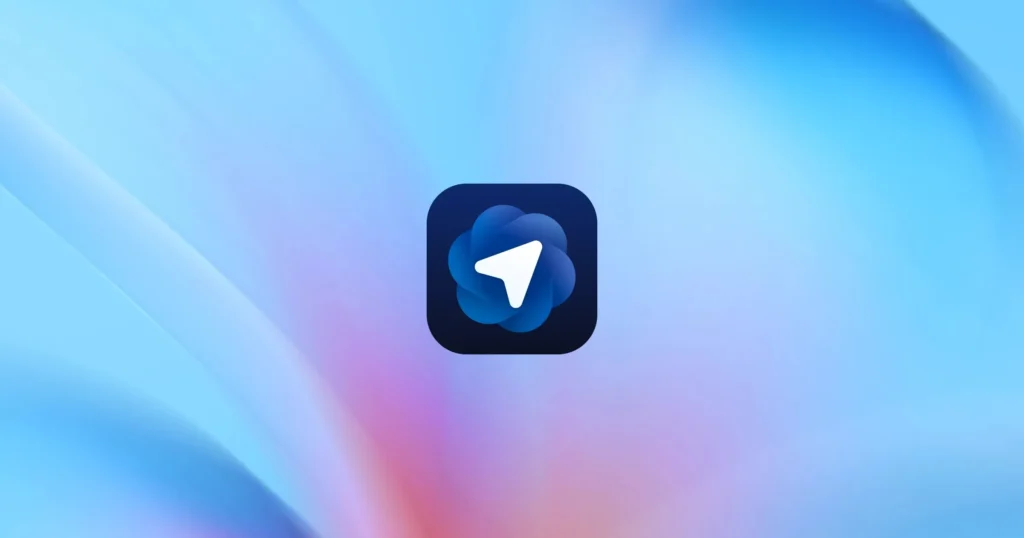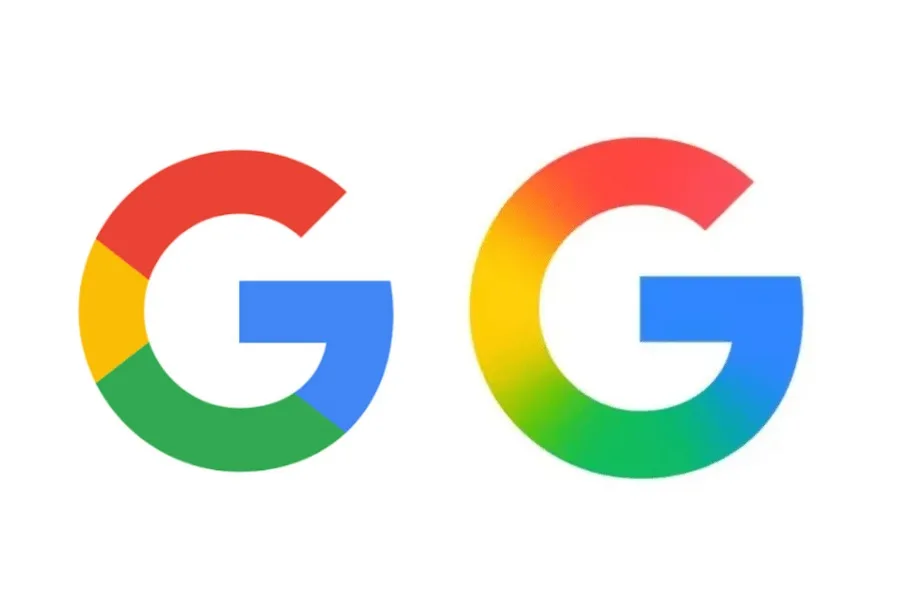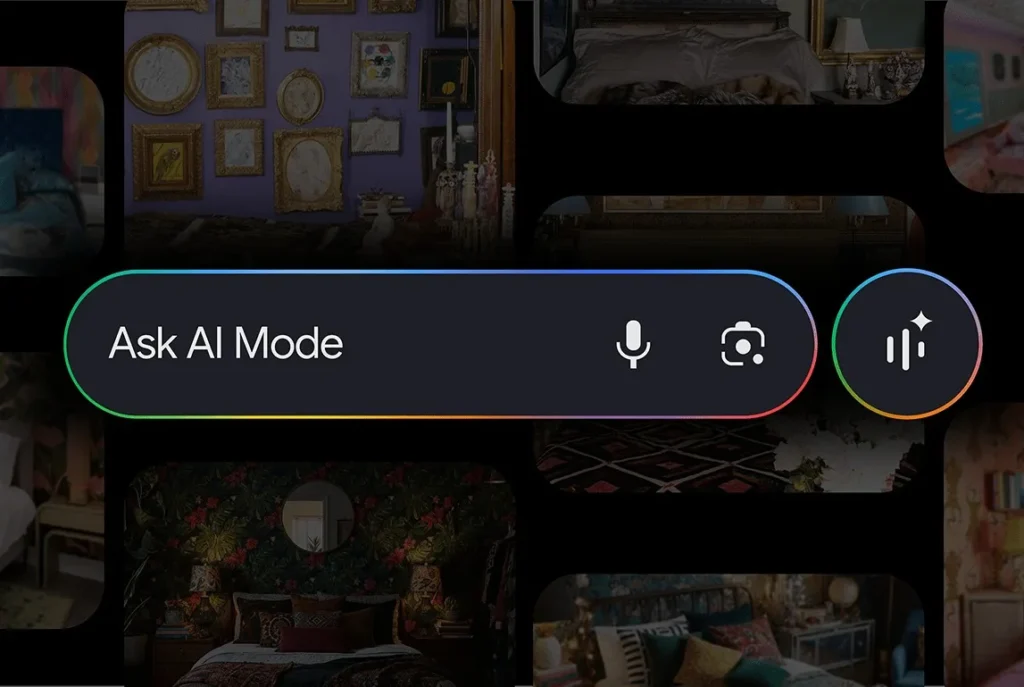OpenAI aims to challenge Google with its new ChatGPT Atlas browser
In a surprise livestream event, OpenAI officially introduced ChatGPT Atlas, its brand-new AI-powered web browser. On stage, Sam Altman himself presented the project with a visionary tone: “We believe AI offers a unique opportunity that comes around once a decade to rethink what a browser can be.”
This phrase echoes the style of a certain Steve Jobs. However, beyond the inspiring rhetoric, the challenge is clear: to completely redefine the web of yesterday, built around search engines, links, and advertisements — in other words, the very essence of Google.
ChatGPT Atlas: A Direct Challenge to Chrome and Google’s Dominance
The ChatGPT Atlas project had already been rumored in Silicon Valley since the summer. But the presentation on Tuesday unveiled the full scope of the threat: with 800 million weekly users on ChatGPT, OpenAI already has a massive base. If these users transition to ChatGPT Atlas, it means many will leave Chrome — and consequently, Google Search.
The impact will not be immediate on revenues (as Chrome is free), but it will weaken Google’s ability to target ads and enforce its search engine.
This is a significant blow, especially after the U.S. Department of Justice prohibited Google from signing exclusivity agreements regarding search.
A “New Search Model” According to OpenAI
During the presentation, Ben Goodger — a former key engineer for Firefox and Chrome, now leading Atlas — described OpenAI’s search as a “multi-turn conversational experience”: “You can interact with your search results instead of just being redirected to web pages.”
In other words, search transforms into a dialogue. While Google adds “AI” boxes to its search results, ChatGPT Atlas integrates AI directly into the browsing experience, making each interaction fluid and contextual.
This is not a model Google can merely copy without rethinking everything.
What If OpenAI Enters Advertising?
Currently, OpenAI is not displaying any ads, but several hints suggest a potential shift:
- Recent job postings in digital advertising,
- And ChatGPT Atlas now collects direct context from the browser window, meaning it captures the exact words you type on screen.
This type of data is extremely valuable for targeted advertising, and OpenAI could use it to monetize ChatGPT and Atlas without replicating Google or Meta’s intrusive models.
However, this approach raises significant privacy concerns: giving AI direct access to what you see or type in your browser sets a new precedent.
A Strategic and Commercial Gamble
With ChatGPT Atlas, OpenAI is shifting its focus: less talk about AGI (artificial general intelligence), and more on consumer-friendly, profitable products.
This browser could become the first building block of a comprehensive ecosystem around ChatGPT, capable of competing with Chrome, Edge, and Gemini.
While analysts are still questioning whether OpenAI’s massive investments in data centers will ever yield returns, Atlas might very well be the first concrete answer to that equation.
OpenAI no longer just wants to dominate text generation: it aims to redefine web browsing. If Atlas captures the public’s interest, it will become the first genuine threat to Google since the launch of Chrome. “What we call a browser today,” Altman stated, “is part of the old way of using the Internet.”
The era of chat-based browsing may just be beginning.




